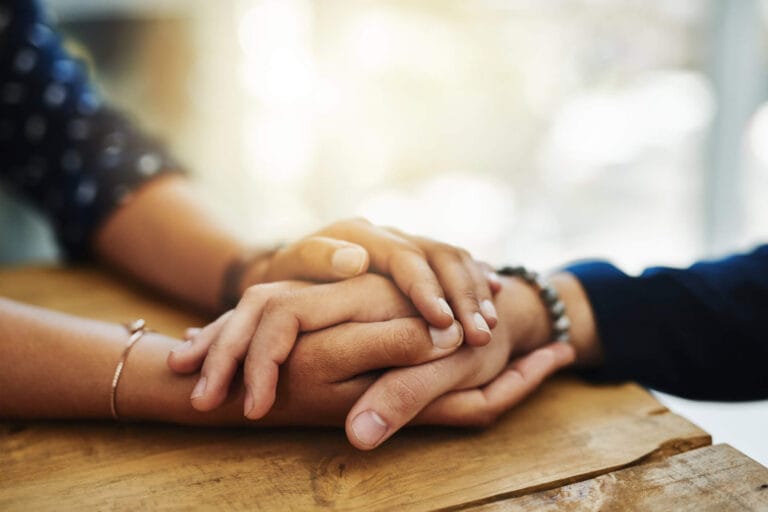
Grief Support Specialist Certificate class explores timely subject in new, virtual format
For many, the word “grief” is synonymous with death. But mental health professionals will tell you that grief is actually a response to loss, a feeling familiar to many people during the current pandemic.
“While there has always been a deep need for more grief support in our world, the need has increased exponentially in light of COVID-19,” says Minnesota Network of Hospice & Palliative Care (MNHPC) executive directory Jessica Hausauer.
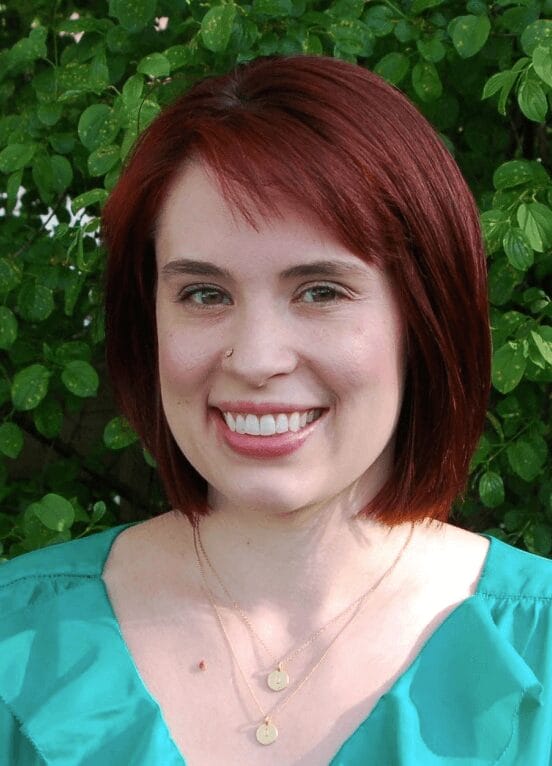
The MNHPC is partnering with the University of Wisconsin–Madison to present the Grief Support Specialist Certificate program, which will explore various dimensions of grief in a live virtual class, June 11-14.
The course centers around educating and counseling people who have suffered from some form of major loss and gives students in the class the skills to develop a professional specialty in the growing field of grief support. Now in its seventh year, the Grief Support Specialist program offers the only such certificate granted by a major university.
“Grief and bereavement are core experiences of this pandemic,” Hausauer explains. “People are losing loved ones. They are also losing livelihoods, celebrations, vacations and the ability to get together with family and friends.”
She says the Grief Support Specialist Certificate program offers an opportunity to better acknowledge and support those grieving in response to COVID-19 or any other reason.
Unique expertise
Each of the four instructors for the June session — Doug Smith, Molly Tomony, Ted Bowman and Isaiah Shaneequa Brokenleg —brings a unique area of expertise to the study of personal loss.
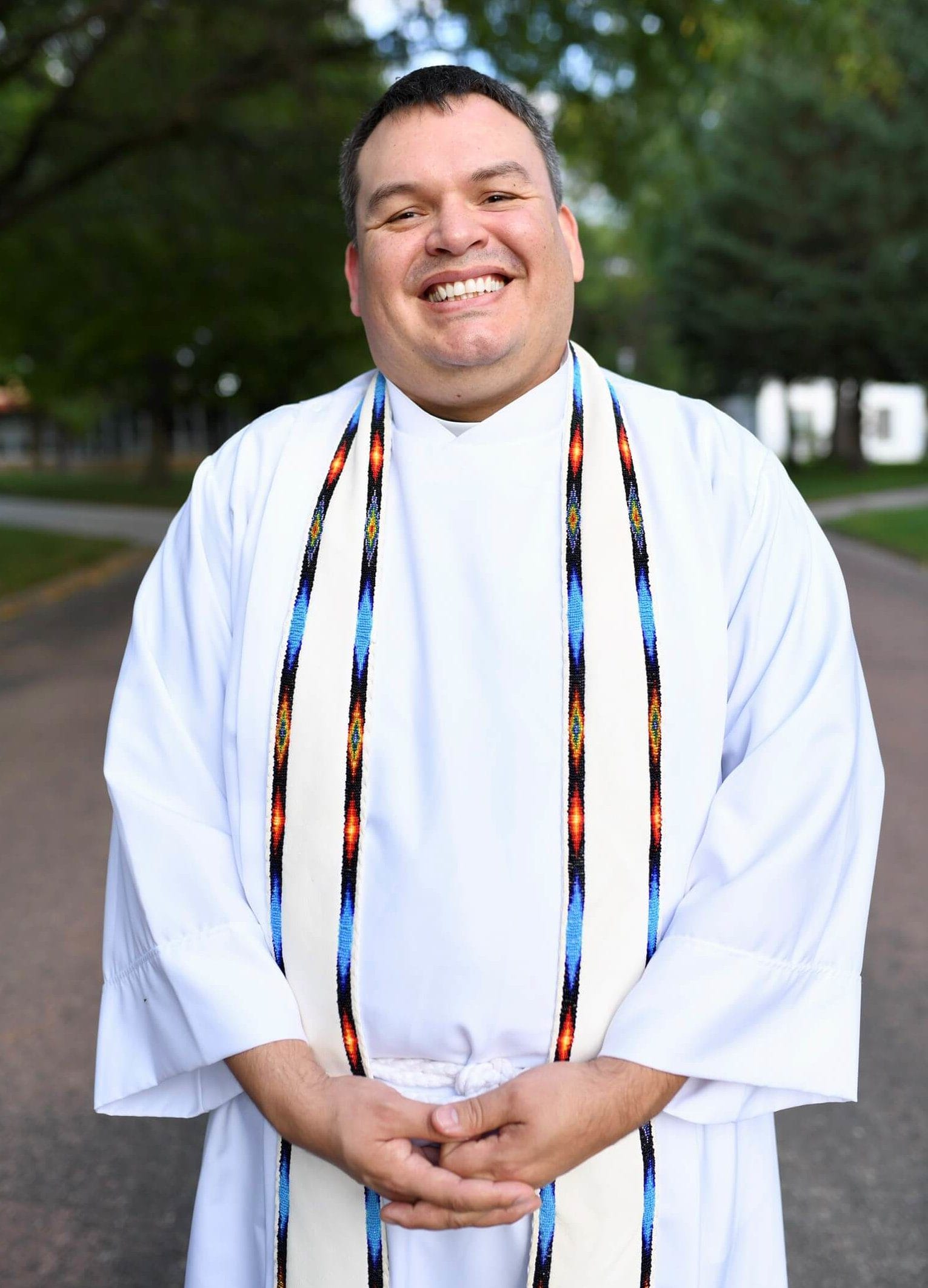
Brokenleg, an enrolled member of the Rosebud Sioux Tribe, will share multicultural considerations of grief and loss as a person of color, including unique considerations for American Indians.
“Historical trauma for most people of color stems from colonization and white supremacy over history — think institutions like boarding schools, human trafficking, slavery and internment,” Brokenleg explains. “What’s important to understand is that the effects of historical trauma — for everyone, not just people of color — are very real and present for folks, even if the original injury, atrocity or genocide happened a long time ago.”
Brokenleg’s experience as a former epidemiologist in the Great Lakes area and current Episcopal priest informs her role as instructor. She says the study of grief and loss is both important and inherent to our human experience.
“Grief exists in many more places than death,” she says. “We have grief and loss in our lives all the time; they are a part of living. Some say grief and loss are the price of love.”
Going virtual
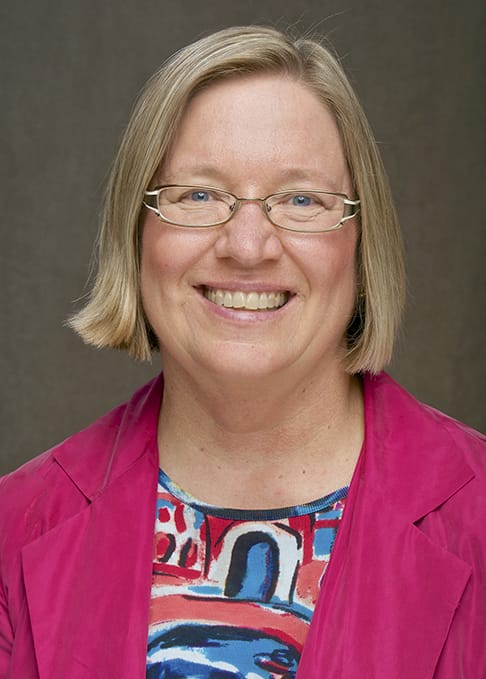
Program organizers had initially planned for the June session to be taught in person at a community center near Minneapolis, an off-campus location selected in response to the large number of attendees from the area in years’ past. But concerns about health and safety surrounding COVID-19 have required organizers to switch the class to a live, virtual format — a first for the program.
“This may be the best class we’ve ever offered because it weaves the best elements from the in-person and online versions of the class,” says program director Barbara Nehls-Lowe. “Students will connect with one another both online and in live, virtual small group discussions.
“Networking and community-building are important components of this class,” she adds.
Nonprofit partner
Another first for the course is it partnership with the Minnesota Network of Hospice & Palliative Care (MNHPC), the Gopher State’s leading hospice and palliative care network. The nonprofit is dedicated to providing education and advocacy around serious illness and end-of-life care.
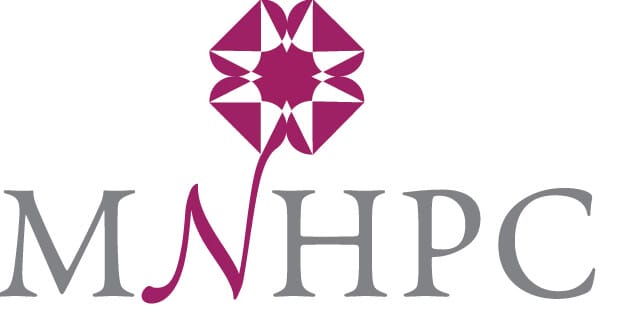
Hausauer says UW–Madison’s Grief Support Specialist Certificate is a natural fit for her organization.
“MNHPC is committed to providing high-quality education around advance care planning, hospice, palliative care and grief and bereavement,” Hausauer explains. “The Grief Support Specialist Certificate provides a deep dive into grief and loss of all types, and there is tremendous need for grief support in today’s world.”
She adds, “There are not enough people trained in this field to address the need, so the more training we can do, the better.”
Please visit the Grief Support Specialist Certificate course page for more information and to register. For questions, contact program director Barbara Nehls-Lowe at [email protected].

